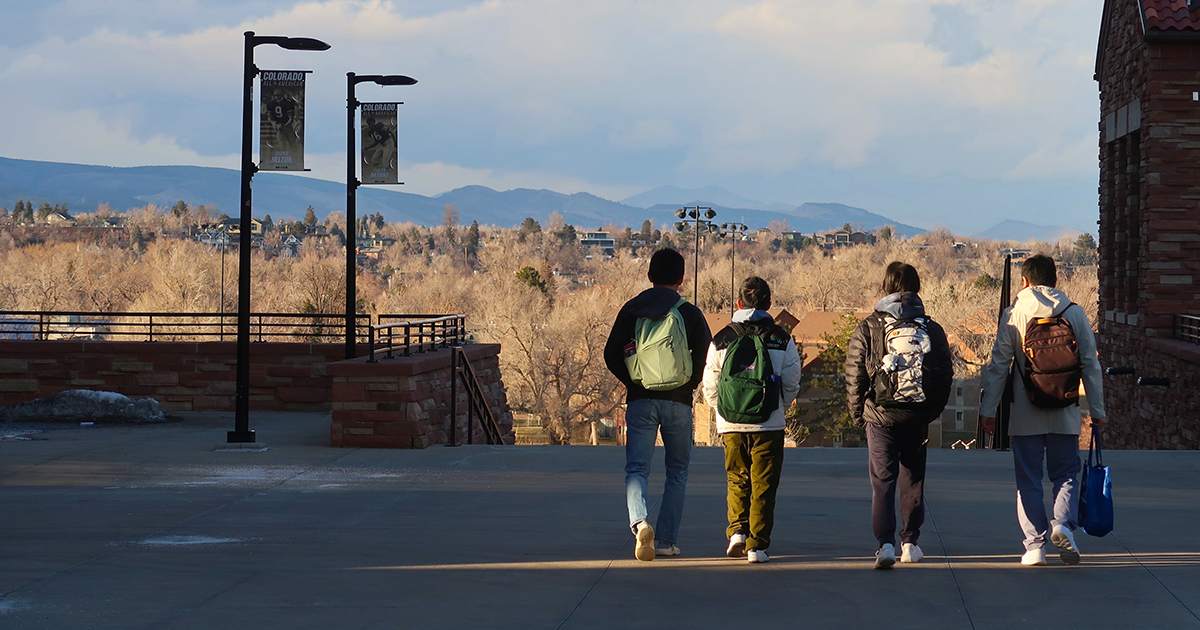National Rural Higher Education Research Center

Overview
Postsecondary education plays a critical role in improving the long-term outcomes of rural individuals and communities. Funded by the federal Institute of Education Sciences, the National Rural Higher Education Research Center assesses strategies for improving rates of postsecondary enrollment and success for students from rural communities across the United States. The center accomplishes this mission through research conducted using nationally representative data collected by the National Center for Education Statistics, collaborations with state-level higher education agencies, and research projects spanning 10 states and 25 colleges and universities, with practitioner and researcher advisors representing a total of 21 states across the country.

Both college-going and college completion rates are far lower in rural areas than in other geographical settings, even as rural high school graduation rates are equal to or higher than urban and suburban rates. The disparity between rural students' high school achievement and their subsequent postsecondary attainment represents the most significant leak in the rural education pipeline.
The center conducts studies focused on postsecondary education transitions, persistence, and completion in rural areas — long under-researched area of higher education — and answers questions arising directly from rural practitioners and policymakers. The center's research seeks to answer four overall questions:
- What is the current rural college-going and college completion landscape nationally, and how does it vary across regions and student demographics?
- How can academic pathways between high school and college be strengthened for rural high school students?
- How do prospective college students in rural areas conceptualize their postsecondary options and make decisions about undertaking college or workforce training?
- How can institutions and states improve college persistence and completion rates for rural students?
Initially, the center has been tasked with pursuing eight studies:
- Measuring Rural College Access and Completion Across the United States (50 states and territories)
- Rural Students' College Aspirations and Choice Making (Alabama, Montana, and Wisconsin)
- Rural Dual Enrollment Expansion Evaluations (Alabama, North Carolina, and Tennessee)
- Exploring Rural-Serving College Access Programs (Oregon and Idaho)
- College Enrollment and Navigation for Rural Black Youth (Alabama)
- The Montana 10 Randomized Controlled Trial (Montana)
- Evaluating “Train in Place” Rural Nursing Programs (Colorado, New Mexico, and Wyoming)
- Rural Research Center Synthesis (50 states and territories)
The National Rural Higher Education Research Center is supported by the Institute of Education Sciences, U.S. Department of Education, through Grant R305C240065 to MDRC. The opinions expressed are those of the authors and do not represent views of the Institute or the U.S. Department of Education.








